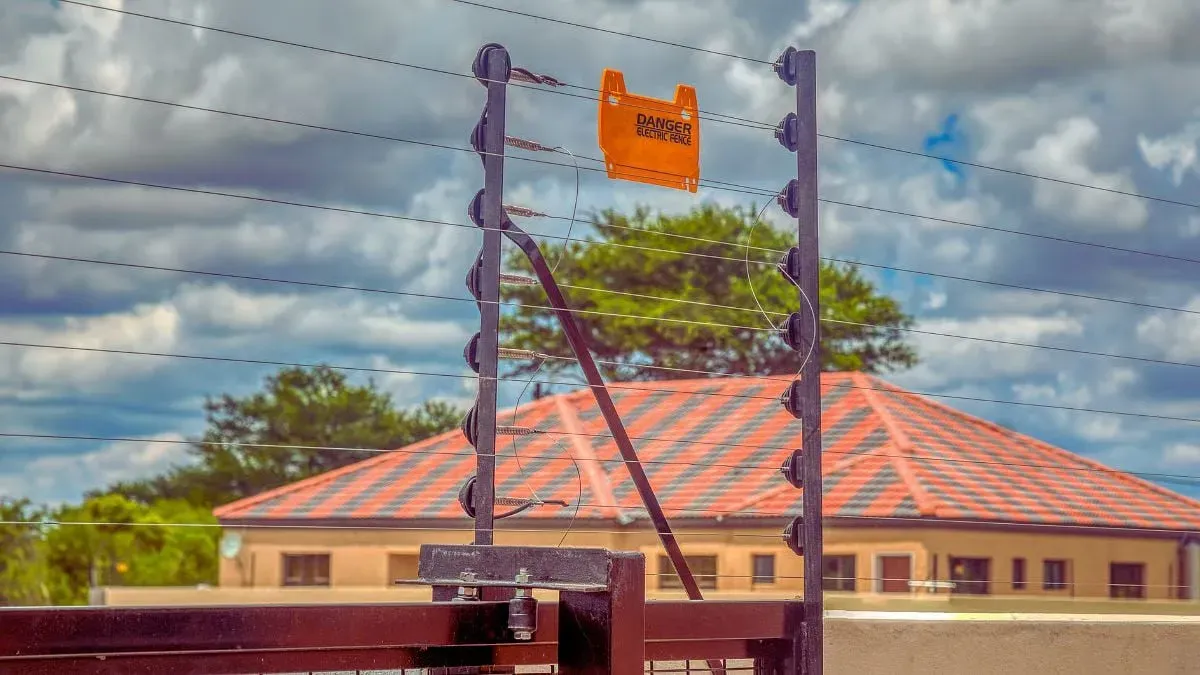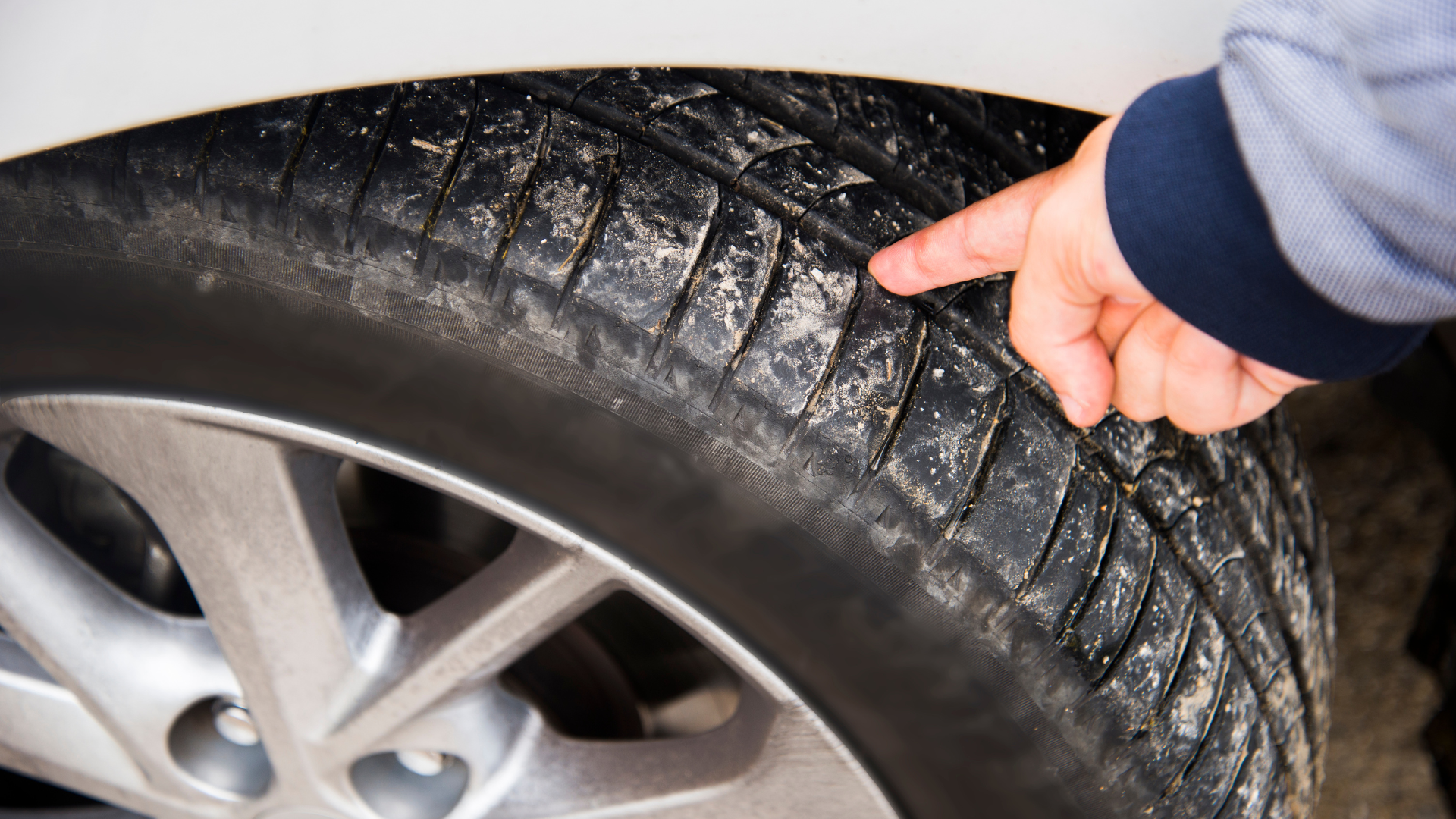House fires – 14 must read safety tips
As winter tightens its icy grip on South Africa and consumers continue to explore power source alternatives amid rolling power blackouts, it brings with it the increased risk of house fires – again emphasising the importance of insurance and ensuring that your home is equipped with well-maintained and regularly tested fire protection equipment.
One of the biggest concerns around house fires is the belief that ‘it can never happen to me’,” says Ricardo Coetzee, Head of Auto & General Insurance, “The fact is that it can and will if you let your guard down. To prevent house fires, homeowners must ensure that all heating equipment is properly maintained and fit for the job.”
The main causes of house fires include:
- Fireplace-related incidents, many of them due to poor maintenance.
- Heaters, stoves, irons, electrical blankets and other electrical equipment left on or unattended.
- Candles left unattended or left burning near curtains.
- Leaking gas heaters or stoves.
- An overheating computer that ignites.
- Cell phone chargers left unattended for long periods of time.
- Electrical overload on one power source.
- Children who play with matches or lighters near flammable objects.
- Falling asleep with a lit cigarette in bed.
Auto & General Insurance shares the following tips to prevent home fires:
- Make sure that appliances and other devices that generate heat, as well as their wiring, are in a good, safe working order. Improperly installed heating devices have been the cause of numerous deaths in South Africa.
- It’s crucial to operate devices within manufacturers’ limits. Setting a device to maximum heat for extended periods of time, not placing a device on a level surface, moving it around whilst in operation or charging a device for longer than recommended, for example, could pose a serious risk.
- Take gas bottles to your nearest gas retailer to have them checked for leaks on a regular basis. This includes gas bottles used for heaters, braais and stoves.
- Exercise special caution before going to bed at night to make sure that all heat sources are turned off.
- Do not overload one single power source.
- Make sure that your electronic devices are in a well-ventilated spot to prevent overheating and never charge these devices for longer than the manufacturer’s recommendation.
- Unplug and switch off all electrical appliances that are not in use
- If you have a gas heater or cook with gas, light the match first, before turning on the gas.
- Keep clutter to a minimum in and around your home, as this could add fuel to a fire, and keep flammable materials well away from heat sources.
- Teach kids good fire safety principles from a young age.
- Install smoke detectors throughout your home
- Have fire extinguishers available, specifically near the kitchen. Make sure that you know how to activate and operate it.
- Make sure that trip switches and emergency cut-off valves are in good working order.
- Have all emergency contact details within easy reach and don’t wait until a fire is out of control before contacting emergency response teams.
“Attention to detail and continued vigilance can save your home and/or the lives of your loved ones, so it’s imperative to not save fire safety discussions for later. In the event that catastrophe does strike, always remember that your life is more important than any possession and that having comprehensive buildings and home contents insurance in place should be non-negotiable.” Coetzee concludes.



